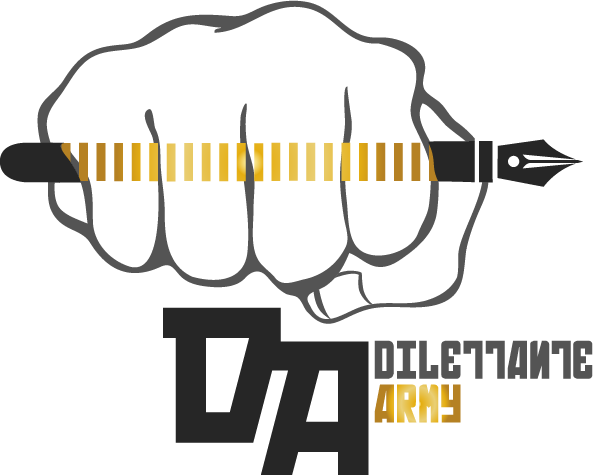An issue archive of facts
Facts
Fatal error: Uncaught TypeError: Cannot access offset of type string on string in /home/darmy/apps/darmy_main/wp-content/themes/sink_darmy/includes/socialink_library.php:121 Stack trace: #0 /home/darmy/apps/darmy_main/wp-content/themes/sink_darmy/single.php(5): parse_issue_article() #1 /home/darmy/apps/darmy_main/wp-includes/template-loader.php(125): include('...') #2 /home/darmy/apps/darmy_main/wp-blog-header.php(19): require_once('...') #3 /home/darmy/apps/darmy_main/index.php(17): require('...') #4 {main} thrown in /home/darmy/apps/darmy_main/wp-content/themes/sink_darmy/includes/socialink_library.php on line 121

